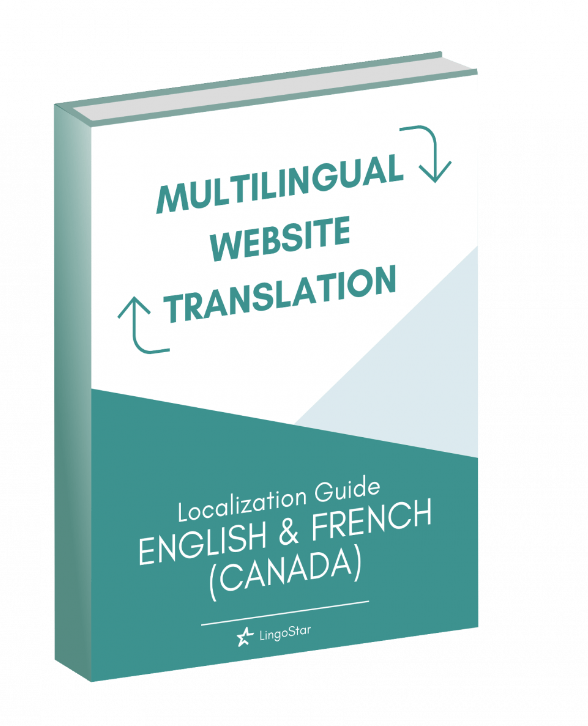The importance of English to French translation in Canada
English to French translation in Canada isn’t just a skill—it’s a crucial bridge connecting communities, businesses, and individuals across linguistic boundaries. With approximately 7.5 million French speakers primarily concentrated in Quebec, New Brunswick, Ontario, and Manitoba, translation is more than an extra option—it’s a cultural necessity.
For businesses, providing materials in both English and French is a clear demonstration of respect for linguistic diversity. It enhances brand reputation, strengthens customer relationships, and ensures that French-speaking clients feel valued. Beyond the corporate world, translation plays a critical role in education, healthcare, and community services. Schools in bilingual regions must accommodate both languages to provide equal opportunities for students. At the same time, healthcare providers and social organizations rely on accurate translation to offer essential services without language barriers.
English-to-French translation is not just a professional courtesy—it is a crucial aspect of fostering connection and ensuring equitable access to information and services within the Canadian community.
The legal landscape of bilingual communication
Canada’s bilingualism policy, established in the Official Languages Act (1969) and reinforced by the Constitution, mandates that federal institutions provide services in both English and French. This ensures:
- Government services are accessible in both languages.
- Public announcements are communicated bilingually.
- Educational institutions accommodate both linguistic groups.
At the provincial level, policies vary. Quebec’s Charter of the French Language prioritizes French in public life, business, and education, requiring people to adapt to regional legal and cultural contexts.
Beyond compliance, Canada’s bilingualism policy promotes language learning and cultural exchange. Translators play a key role in supporting these efforts by ensuring clear, accessible communication that fosters linguistic diversity and inclusion.
What challenges does English to French translation in Canada present?
Language complexity: While essential, bilingual communication in Canada comes with challenges. One major hurdle is the complexity of language—English and French differ in grammar, syntax, and idioms, requiring careful adaptation to avoid misinterpretation. A direct translation may not always capture the intended meaning, demanding creativity to maintain accuracy.
Cultural context: It also plays a key role. Humor, politeness, and formality vary between English and French speakers, meaning a word-for-word translation may not resonate. Translators must balance linguistic precision with cultural awareness to ensure effective communication.
Proficiency: Additionally, bilingual proficiency varies among Canadians. Some prefer one language, while others switch between both, complicating communication strategies for businesses and service providers. Navigating these differences is crucial for anyone working in bilingual environments.
LingoStar’s English to French translation services
LingoStar has mastered these aspects of English-French translation through our countless years of experience within the Canadian community. Our team of expert translators ensures that your message resonates with both French and English-speaking audiences, whether for business, marketing, legal, or educational purposes. With a deep understanding of both languages and cultures, LingoStar guarantees high-quality translations that bridge linguistic barriers and help you connect with your target market seamlessly. Besides translation, the services offered by LingoStar include interpretation, voice-over, web localization, and more! Let us take your communication to the next level!
Additionally, if you’re a translator looking to refine your English-to-French translation skills—or just interested in the topic—don’t miss our next blog post! We’ll cover common mistakes, essential tools, and valuable resources to enhance your translations. Plus, be sure to explore our Localization Guide for Multilingual Website Translation in English and French, which offers in-depth insights and practical tips for making your web content truly bilingual.
If you enjoyed this blog post, make sure to check our previous posts, subscribe to our Newsletter for exclusive content and don’t forget to follow us on our social media: Instagram, Facebook, LinkedIn and X.


















